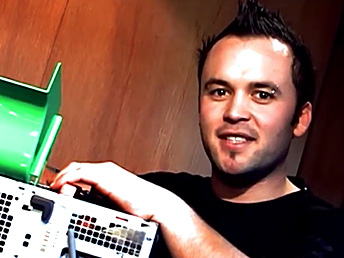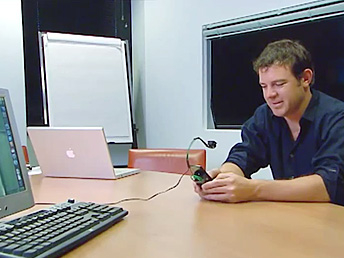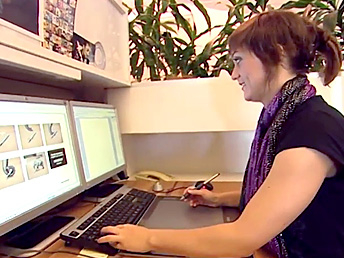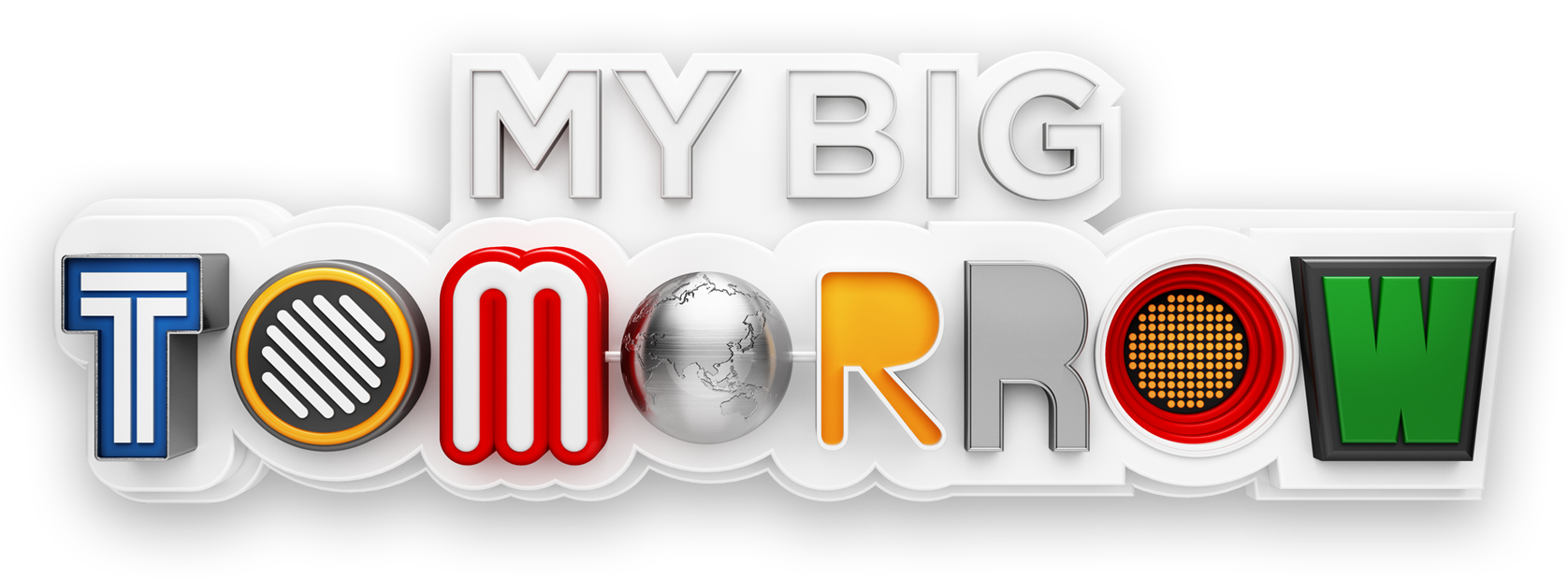
Human-Computer Interface Researcher
As a human-computer interface researcher you will create a seamless experience between a user and a computer or software. You will use your creative and technical talents to work out what the interface problems might be, come up with a solution, use a rigorous scientific process to prove if you are right or wrong, and then communicate any issues to management.


What the job looks like
Salary expectation
starts at $44,385 up to $96,299+

The good
- Doing something that will benefit people
- Being creative
- Using technology
- Coming up with new ideas
- Potential to travel
The not so good
- Relying on funding
Companies like Microsoft and Disney rely on human-computer interface researchers to develop new concepts and capabilities. It is also used to find out how people like to use equipment such as mobile phones, computers and even ATMs.
Research is used to inform the Roads and Maritime Services and even the Defence Force. You will look at how people want to interact with machines and how to build the software to do that. You may have the opportunity to run user tests to collect and analyse data and build new experimental environments for testing.
Communication is an important part of the job. Your day will often include a project meeting to keep everyone up to speed, as well as working on papers to be published or talks for conferences.
You will need good computer skills, as well as a love of reading and an interest in areas like psychology and mathematics to work as a computer interface researcher.
You will also need to be patient, be good at problem solving and be able to think creatively.
You're doing things that no one has done before; you get to be creative with the way you solve problems.
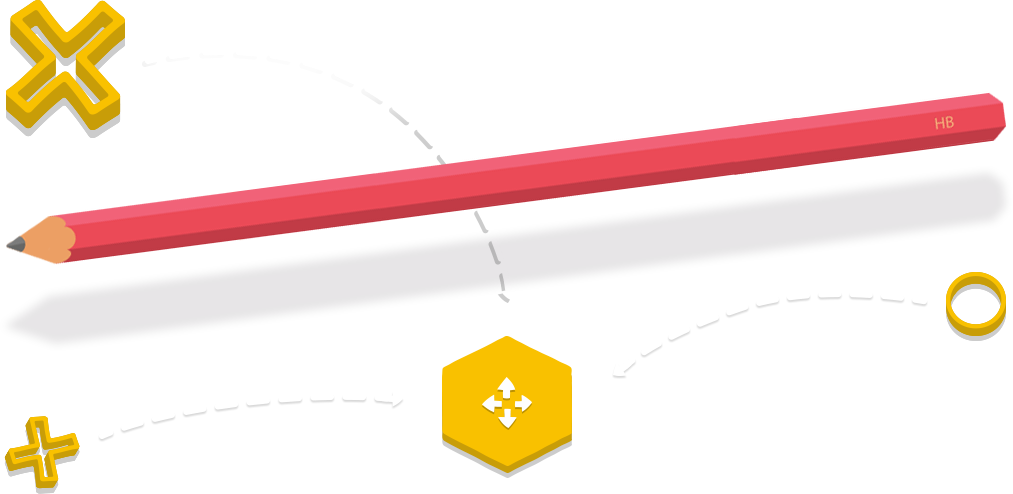
Pathways to this career
Subject suggestions for the HSC
Choosing your HSC subjects from this list could really help with your career. Think carefully about what you want to study after school as you might need to choose specific HSC subjects for that course and to count towards your ATAR (Australian Tertiary Admission Rank). An ATAR is your academic rank in relation to other HSC students and helps with University admission.
HSC subjects
Some subjects will count towards your ATAR, others will not. Check with your career advisor before making subject selections.
- English (Advanced or higher)
- Mathematics (2 unit or higher)
- Engineering Studies
- Physics
- Information Processes and Technology
- Software, Design and Development
What can I do after I have finished school?
University degrees
Studying one of these degrees can help with your career.
- Bachelor of Software Engineering
- Bachelor of Computer Science
Suggestions
Check out National ICT Australia for more information
- Keep an eye out for intern opportunities at places like CSIRO, NICTA, DSTO
- Gain as much computer experience that you can while at school and if you decide to go to university
- Subscribe to relevant e-Newsletters to keep up to date with information
- Go to university events like Open Day for information about what university life is like and what you will study
